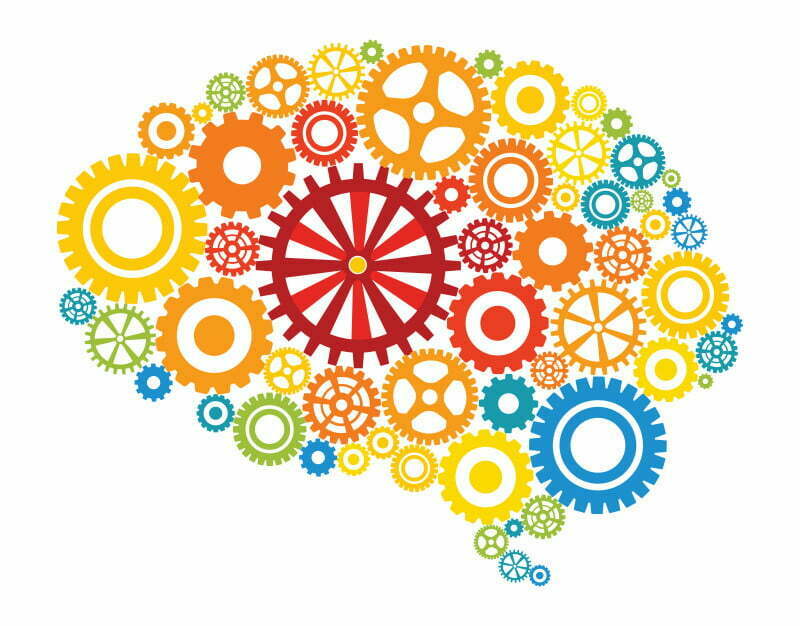A lack of shrinkage in the area of the brain responsible for memory may be a sign that people with thinking and memory problems may go on to develop dementia with Lewy bodies rather than Alzheimer’s disease, according to a new study published in Neurology.
Shrinkage in this hippocampus area of the brain is an early sign of Alzheimer’s disease. Dementia with Lewy bodies is a common form of dementia. Because it has many symptoms in common with Alzheimer’s and Parkinson’s disease, it can be difficult to diagnose. It can include movement problems, sleep disorders and hallucinations.
For the study, 160 people with thinking and memory problems, called mild cognitive impairment, had brain MRI scans at the start of the study to measure the size of the hippocampus. They also had yearly tests for an average of two years. During that time, 61 people, or 38 percent, developed Alzheimer’s disease and 20 people, or 13 percent, progressed to probable dementia with Lewy bodies. It is called probable dementia with Lewy bodies because the disease can be diagnosed definitively only by an autopsy after death. The people who had no shrinkage in the hippocampus were 5.8 times more likely to develop probable dementia with Lewy bodies than those who had hippocampal shrinkage. A total of 17 out of the 20, or 85 percent, of people who developed dementia with Lewy bodies had a normal hippocampus volume; while 37 of the 61, or 61 percent, of people who developed Alzheimer’s disease had shrinkage in the hippocampus.
The relationship was even stronger when researchers looked only at people whose thinking problems did not include memory issues. Dementia with Lewy bodies does not always affect memory; thinking skills that are affected usually include attention, problem solving, and the ability to interpret visual information.
Paper: “Hippocampal volumes predict risk of dementia with Lewy bodies in mild cognitive impairment”
Reprinted from materials provided by AAN.

